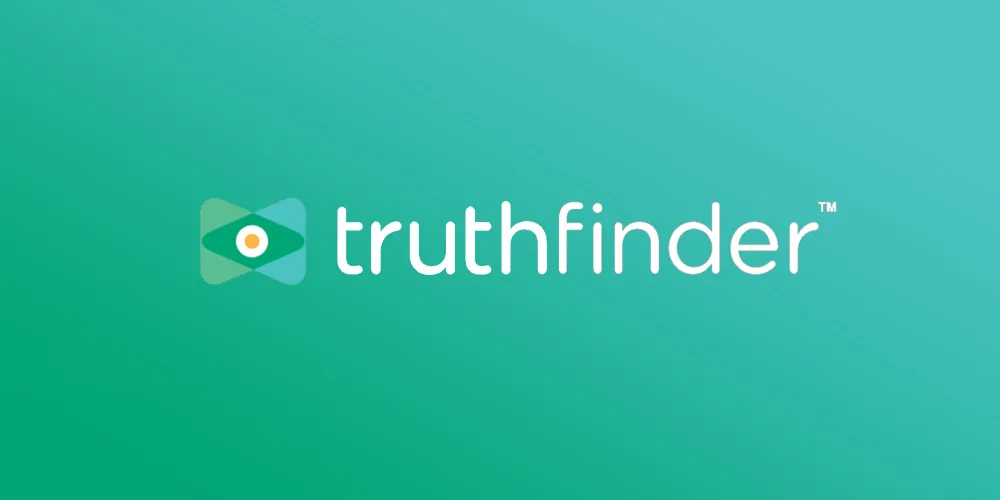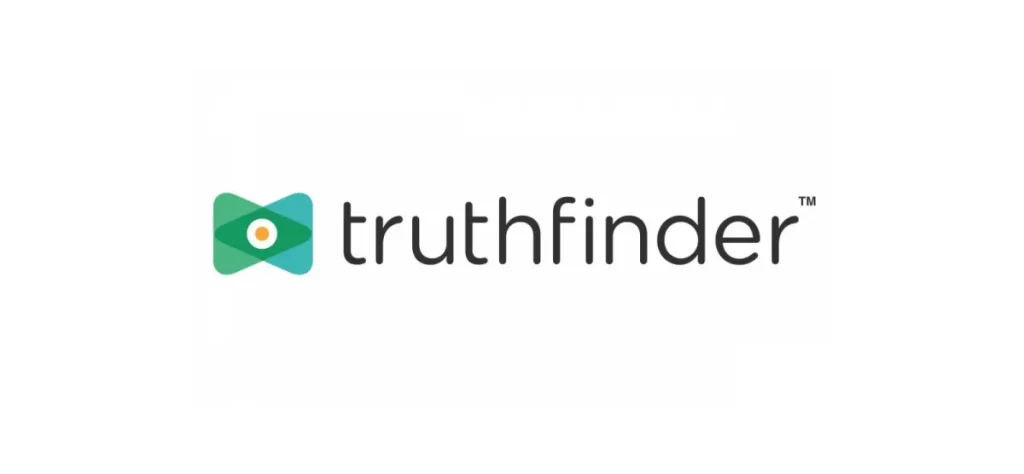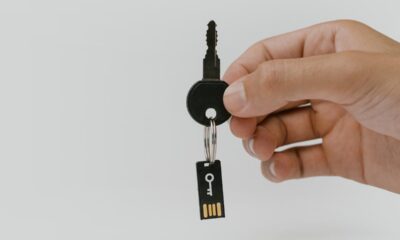Tips and Tricks
Can I Be Traced If I Search on TruthFinder?

In this increasingly digital age, the issue of online privacy has taken on monumental significance. As we navigate the vast labyrinth of digital platforms, we leave behind electronic footprints that can reveal much about our personal lives. One such platform where these concerns intersect is TruthFinder, a widely-used online tool that provides public record information about individuals. But a question often arises: Can I be traced if I search on TruthFinder? This article aims to shed light on this question and more, offering an in-depth exploration of TruthFinder, online privacy, and how to protect your identity online.
Understanding TruthFinder
What is TruthFinder?
TruthFinder is an online service designed to provide users with detailed information gathered from public records, compiling data from various sources into comprehensive reports. The data it collects can include criminal records, contact information, location history, social media profiles, and more.
How does TruthFinder work?
TruthFinder operates by scouring a plethora of public databases, including county, state, and federal databases, to extract information about a given individual. However, it is important to note that TruthFinder, like similar services, doesn’t provide any information that isn’t already publicly accessible. It merely consolidates this data in an easily digestible format, saving users the time and effort it would take to manually search these records.
Users can simply input a name, phone number, or address into the TruthFinder search bar, and the system will generate a comprehensive report on the individual associated with that data. This efficiency and ease of use have made TruthFinder an attractive tool for users seeking detailed information about individuals, whether for personal, professional, or legal purposes.

Online Privacy and TruthFinder
Is Your Search Activity Traceable?
Many users often wonder, “Can I be traced if I search on TruthFinder?” The answer isn’t quite black and white. While your activities on TruthFinder are not publicly disclosed or shared with the people you are searching, it is important to remember that no online activity is ever 100% private. Certain digital breadcrumbs, such as IP logs, may theoretically be traced back to you by law enforcement or under special circumstances.
Balancing Privacy and Transparency
TruthFinder aims to balance privacy with transparency. Although it collects and compiles public data, it maintains privacy policies compliant with the Fair Credit Reporting Act (FCRA). It also provides users with options to opt-out of having their information listed on the site. In addition, TruthFinder uses SSL technology to encrypt your data and protect your online sessions.
Despite these safeguards, it’s essential to be mindful of your digital footprint. Always use reputable web services and practice good cybersecurity habits, such as using secure and private networks for sensitive searches.
Protecting Your Online Identity While Using TruthFinder
Steps to Maintain Privacy
To further protect your online privacy when using TruthFinder, consider the following steps:
- Use a Virtual Private Network (VPN): This can help mask your IP address and location, adding an extra layer of privacy to your searches.
- Delete your browsing history: Regularly clearing your browsing history, cookies, and cache can help minimize the digital footprint left by your searches.
- Opt-out of TruthFinder: If you don’t want your personal information accessible on TruthFinder, you can request to opt-out. However, keep in mind this will only remove your data from TruthFinder and not other public databases.
Additional Privacy Measures
In addition to these steps, you can also take further measures to protect your privacy online:
- Be cautious of the information you share online and limit the amount of personal information you disclose on social media platforms.
- Regularly update and strengthen your passwords, using unique combinations of letters, numbers, and special characters.
- Utilize privacy settings on your devices and accounts to limit the data that can be collected about you.
The Role of Legal Regulations in Online Privacy
Current Laws and Regulations
Laws and regulations such as the FCRA, the General Data Protection Regulation (GDPR), and the California Consumer Privacy Act (CCPA) play crucial roles in protecting online privacy. These laws dictate how personal data can be collected, used, and disclosed, providing a legal framework that businesses must adhere to.
TruthFinder, for instance, is not a consumer reporting agency as defined by the FCRA. This means the data it provides cannot be used for employment, tenant screening, or credit-related decisions, maintaining a clear boundary for privacy.
Implications for TruthFinder
Like all businesses that handle personal data, TruthFinder must comply with these legal regulations. Users have certain rights under these laws, such as the right to request access to their data, correct inaccuracies, and opt out of data sales. The site provides instructions for users wishing to exercise these rights, further bolstering privacy measures.
However, it’s worth noting that these laws only protect certain aspects of your privacy. Public data, which forms the basis of TruthFinder’s services, is generally exempt from these protections. Therefore, while TruthFinder’s practices are legal and regulation-compliant, users should still be cautious about their online activity.

Conclusion
As our lives become more entwined with the digital world, privacy has become an increasingly pressing concern. This extends to platforms like TruthFinder, which make use of publicly available data to generate comprehensive individual profiles. While TruthFinder takes measures to secure user privacy, no online activity can ever be wholly anonymous.
By understanding how services like TruthFinder work, we can take necessary steps to protect our online privacy. These can include using VPNs, deleting browsing history, or even opting out of public databases. At the same time, it’s important to recognize the role of legal regulations in shaping our online privacy rights. Laws such as the FCRA, GDPR, and CCPA provide protections that all businesses, including TruthFinder, must adhere to.
In conclusion, the question, “Can I be traced if I search on TruthFinder?” illuminates broader concerns about online privacy in our digital age. While it’s unlikely that your searches on TruthFinder would be openly shared or traced back to you under normal circumstances, remember to always prioritize your online privacy and be conscious of your digital footprint. The balance between the utility of services like TruthFinder and the importance of maintaining online privacy is a delicate one, requiring informed choices and cautious navigation.
-

 Business6 months ago
Business6 months agoBest Technology Companies To Work For: 10 Top Picks For You
-

 Business5 months ago
Business5 months agoLatest Developments In Artificial Intelligence: 5 Best Breakthroughs
-

 Development and Hacking5 months ago
Development and Hacking5 months agoEmerging Technologies In Cyber Security: Full Guide In 2025
-

 Phones5 months ago
Phones5 months agoFind My Phone Using Google Account: Full How To Guide (5 Steps)
-

 Business4 months ago
Business4 months agoBest Tech Cities In The US: 7 Opportunities You Shouldn’t Miss Out
-

 Phones4 months ago
Phones4 months agoFind Samsung Phone: 6 Great Ways To Find Lost Or Stolen Device
-

 Phones3 months ago
Phones3 months agoAll Google Apps: Ultimate Guide For The Most Useful Ones (2025)
-

 Phones3 months ago
Phones3 months agoSwitch From iPhone To Android: 7 Reasons For Switching Sides



















